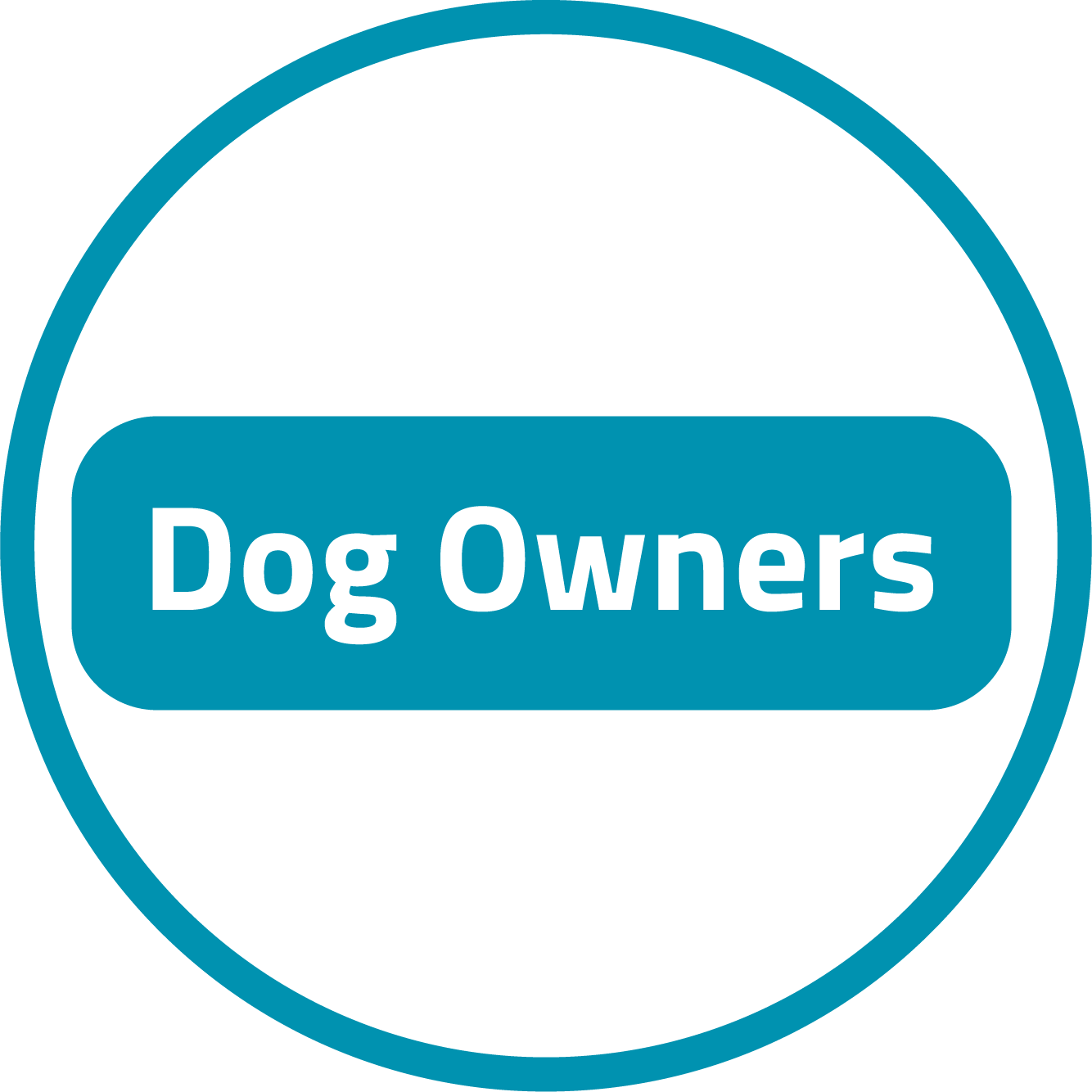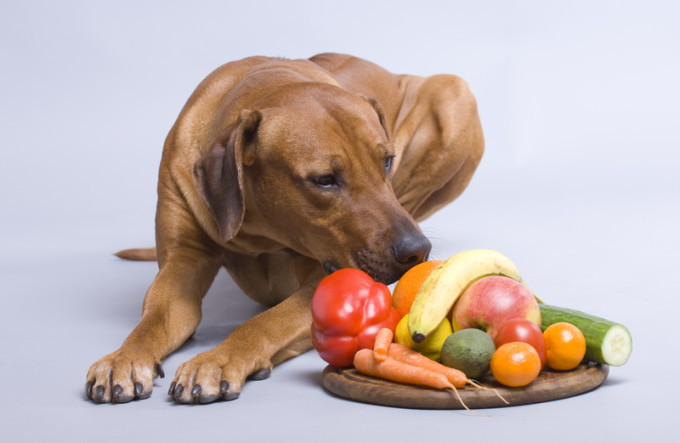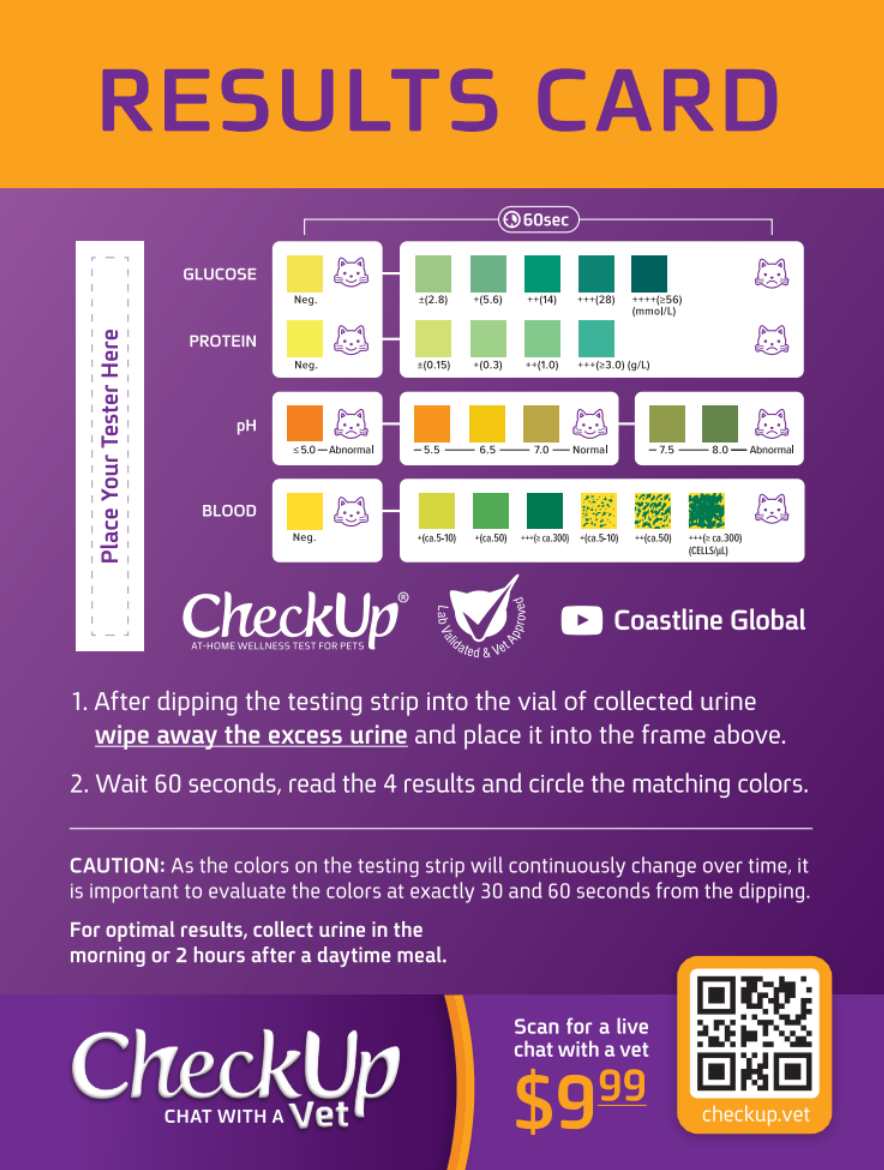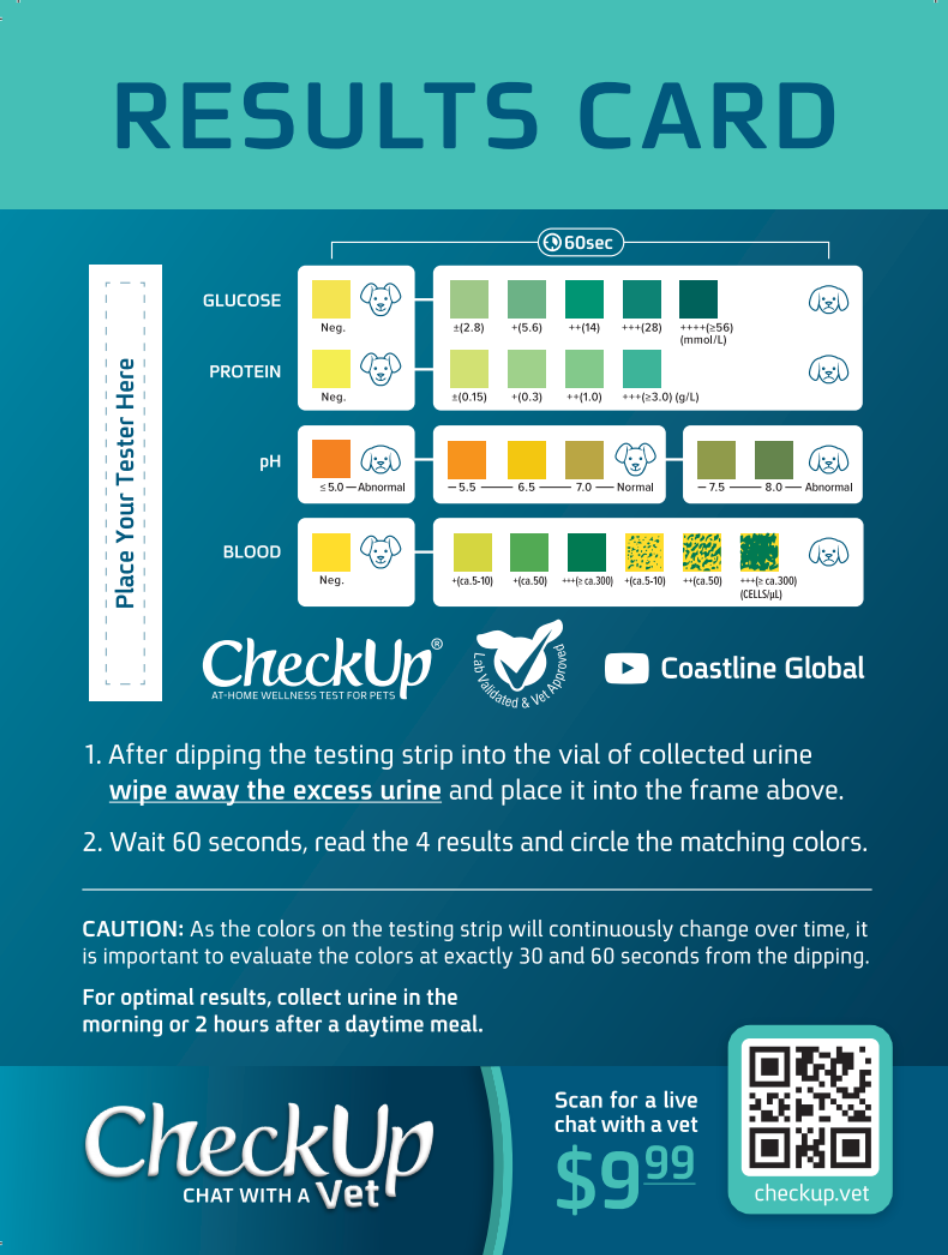Kimberly Gauthier, Dog Nutrition Blogger for Keep the Tail Wagging
In 2007, the FDA began receiving complaints of sick and dying dogs as a result of chicken jerky treats sourced in China. This along with pet food recalls created a divide between pet parents and pet brands as people began to distrust ingredients and sourcing.
Today, we’re seeing a rapidly growing niche in the pet food world. Raw feeders believe that dogs should eat a species appropriate, balanced diet of raw muscle meat, raw organ meat, and raw bones. There are two main models of raw feeding, Prey Model and BARF (biologically appropriate raw food) Model; the later includes fruits and vegetables.
Raw feeders are 100% in control of their dogs’ nutrition, allowing them to protect their dogs from food allergies, sketching ingredients, or questionable sourcing. This control also comes with the responsibility of creating a balanced diet that provides dogs with all the nutrients they need to grow into happy, healthy dogs.
Annual (or bi-annual) wellness checks will help keep raw feeders and their dogs on track.
Finding a Pro-Raw Veterinarian
The best way to find a pro-raw veterinarian is through referrals. Facebook is full of raw feeding groups – connect with people in your area and ask for referrals. You can also search the AHVMA holistic veterinarian directory to find a practitioner in your area. Keep in mind that “holistic” doesn’t mean “pro-raw;” be sure to ask potential veterinarians their stance on a raw food diet.
4 Reasons Wellness Checks for Raw Fed Dogs are Valuable
1 Enjoy the Guidance of a Professional
There are thousands of helpful raw feeders in raw food groups and forums. However, having the support and assistance of a pro-raw veterinarian who knows your dog’s full medical history and diet will provide you with peace of mind.
2 Maintain Up to Date Blood Panels
Having annual or bi-annual blood panels taken for your dog will reveal deficiencies in your dog’s diet, allowing you to make adjustments where necessary while preventing unnecessary and costly illnesses.
3 Your Veterinarian Offers a Different Perspective
Going in for a professional wellness visit may reveal something you missed. Veterinarians are trained to look for things that we may not see. Our veterinarian can also ease our mind by explaining what’s “normal” and what’s abnormal.
With most health issues, if something raises red flags, don’t wait for an annual check up; call your veterinarian immediately.
4 Discuss Spay/Neutering, Vaccinations, and Heartworm Treatment
The growing number of dogs diagnosed with canine cancer has caused people to take a deeper look in the choices we make for our dogs. The increased exposure to chemicals through vaccinations, heartworm treatment, and chemical flea and tick repellents has be blamed by some groups. Early spay and neuter surgeries have also become a cause for concern.
Discuss your concerns with your veterinarian to gain a better understanding of the right choices for your dog.
Convert a Anti-Raw Vet to a Pro-Raw Vet
If you don’t have access to a pro-raw veterinarian in your area, find one who you feel comfortable being completely honest with about how you raise your dogs and what you feed your dog.
Many veterinarians aren’t supportive of raw food diets, because of the risk of malnutrition if the diet isn’t balanced. Showing your veterinarian that you’re committed to feeding a balanced, raw food diet may be the switch that converts your vet from anti-raw to raw-curious. This attitude flip will allow you to become partners in your dog’s diet and health.
About the Author: Kimberly Gauthier is the blogger behind Keep the Tail Wagging, a blog about raw feeding and dog nutrition. Kimberly and her boyfriend are raising two sets of littermates in the Pacific Northwest where they enjoy a property with plenty of room to run and explore.







